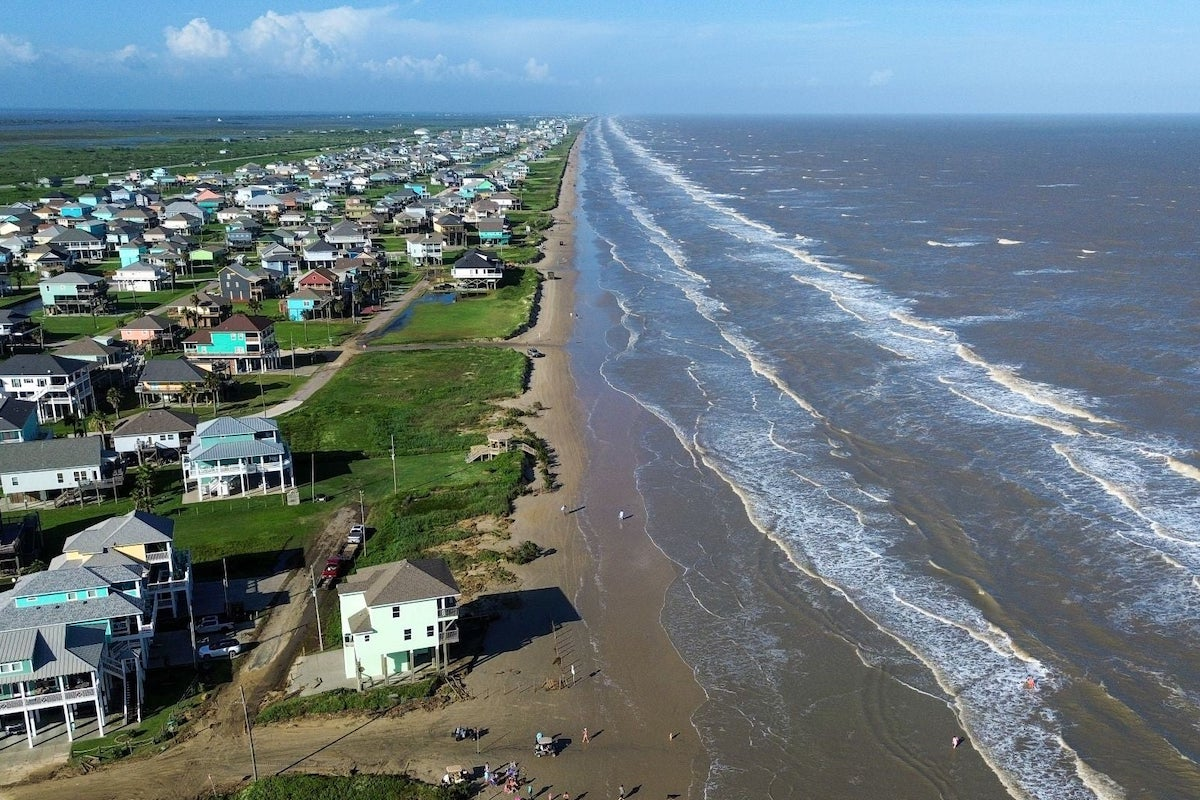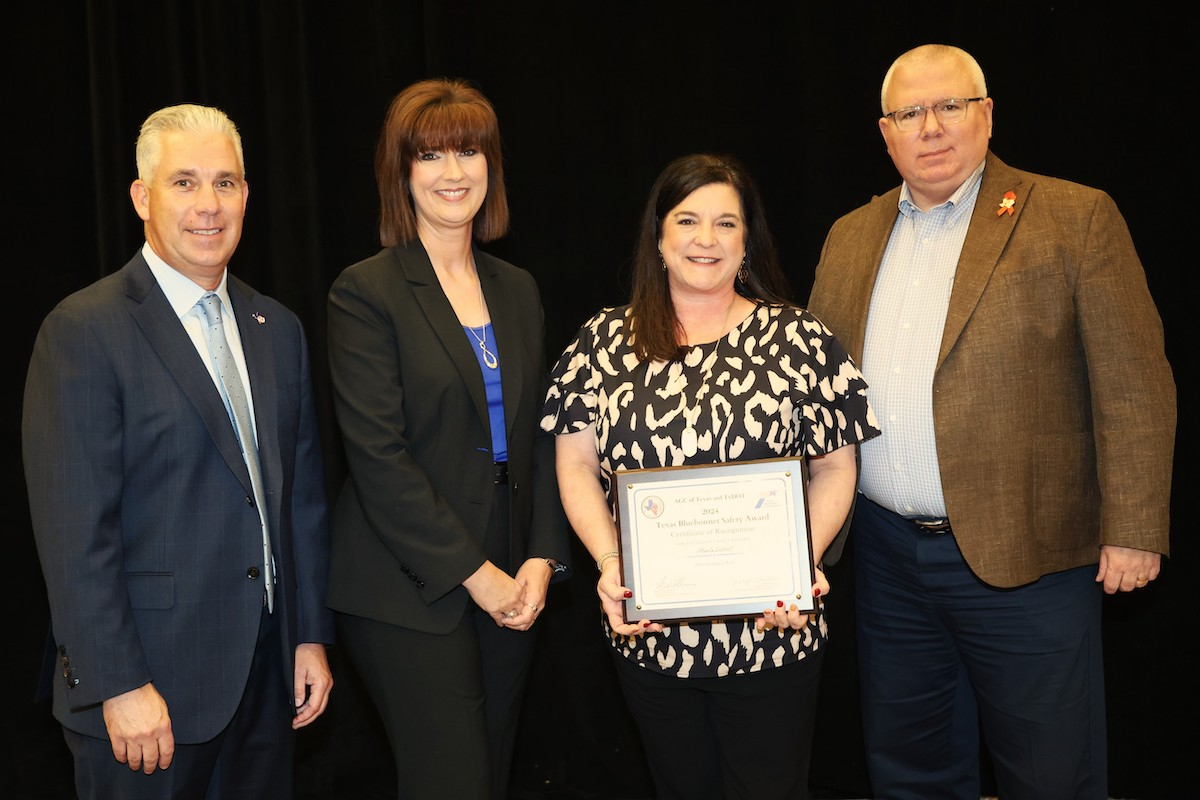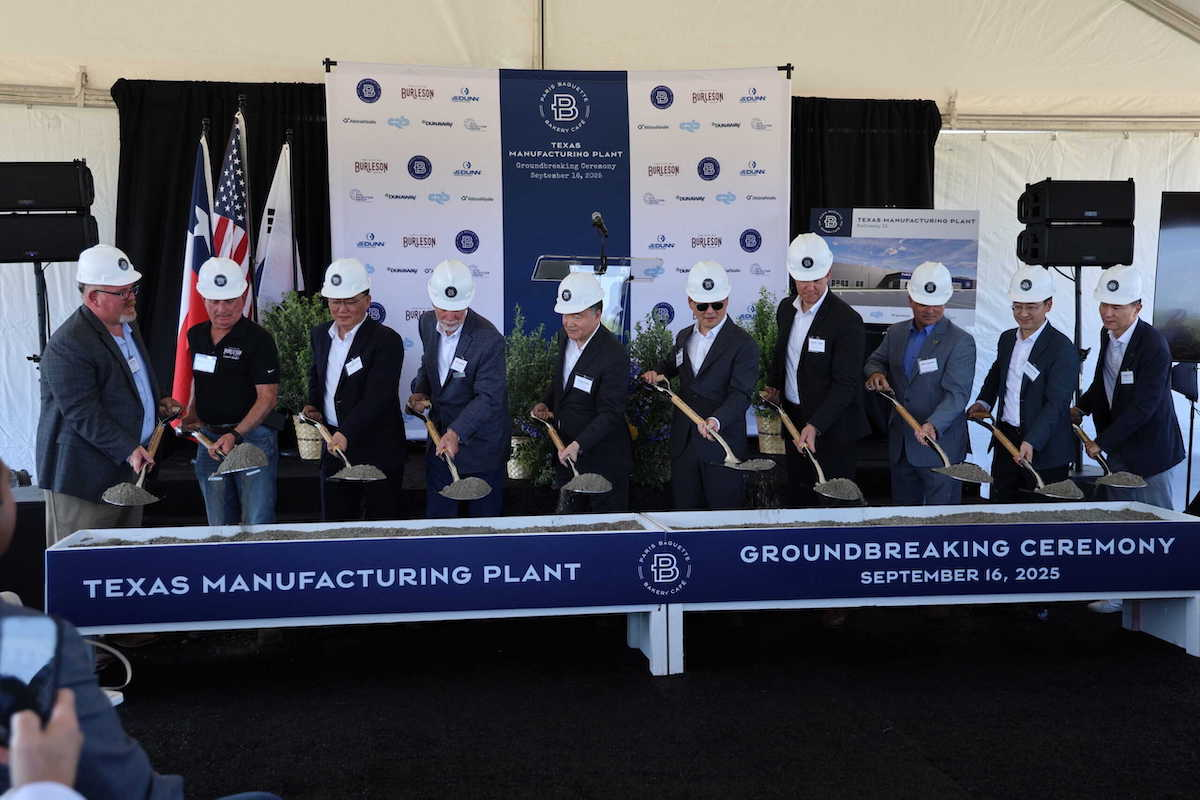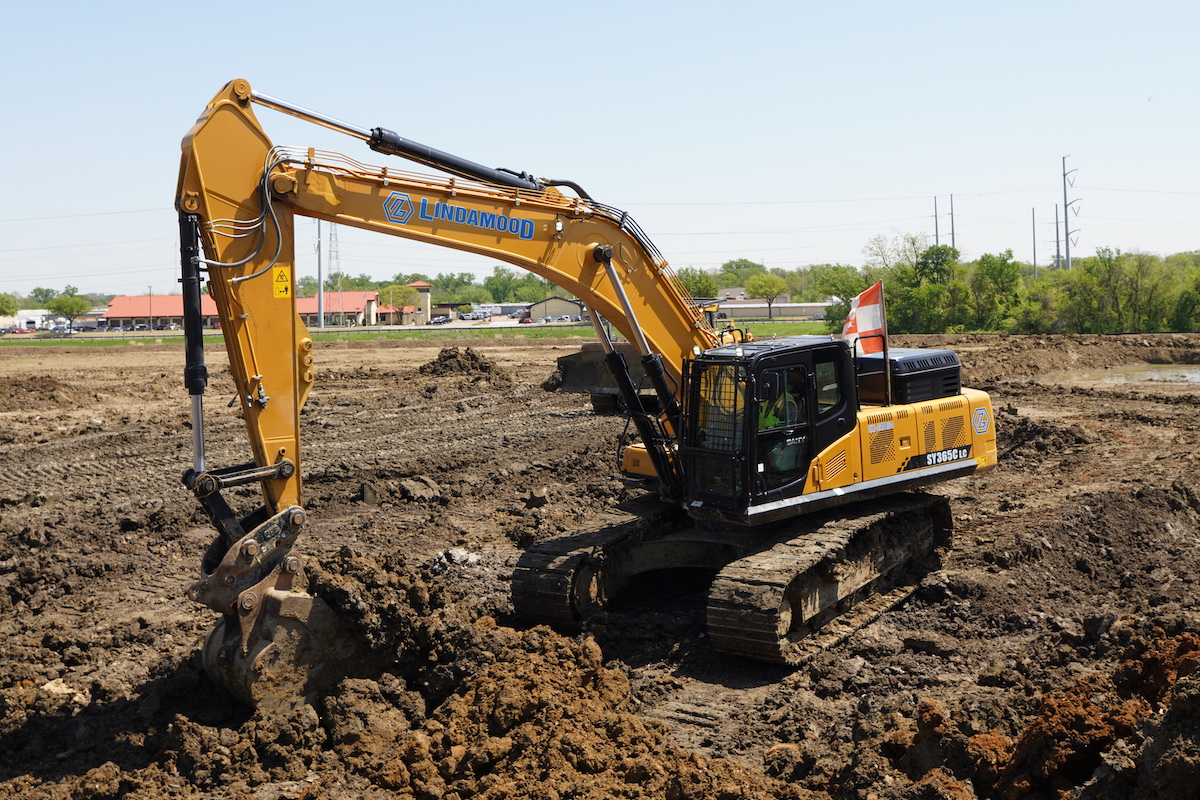The agreement comes on the heels of a comprehensive FHWA investigation of four complaints under Title VI of the Civil Rights Act of 1964. Following a full day of conversations with Houston residents, a pastor, an elementary school principal, and local elected officials, Congresswoman Jackson Lee brought the community together for a press conference.
“I thank TxDOT for negotiating in good faith to reach a VRA that includes many important project enhancements and binds many of the important considerations from both the city and county into an enforceable document that makes accountability a priority,” Bhatt said.
“This agreement will help our community's concerns about added air pollution, preserving housing, parks, schools, and historic trails, and ensuring a better quality of life for all residents impacted by this construction," Jackson Lee said. "This important visit included having the Administrator travel with me to visit several sites including housing, a school, and a church impacted by the NHHIP project. This agreement can be a unique and singular example of ensuring that all of those vulnerable communities and developments around this project will be protected. I look forward to continuing to work with the Administration on these important issues.”
“I appreciate the work of the Federal Highway Administration and U.S. Department of Transportation on this agreement," Houston Mayor Sylvester Turner said. "It embodies Secretary Buttigieg’s principles about building something that connects and does not divide communities and addresses some of the past inequities.”

| Your local Komatsu America Corp dealer |
|---|
| WPI |
| Kirby-Smith Machinery |
The $9 billion NHHIP will ultimately reconstruct I-45 North between Houston’s downtown and the North Sam Houston Tollway to bring the roadway up to federal safety standards and enhance mobility. It will also improve storm water drainage and evacuation routes.
The agreement with TxDOT secures a number of enforceable commitments on the part of TxDOT to make significant improvements to the project in the following areas:
- Resources for residents with limited English proficiency
- Footprint reduction
- Displacements, relocations, housing, and other community impacts
- Flood mitigation
- Parks, open space, trails, and pedestrian and bicycle facilities
- Consulting with Metro and the City of Houston to incorporate transit and bike and pedestrian facilities on four structural caps
- Access to schools during construction
- Air quality mitigation







































































